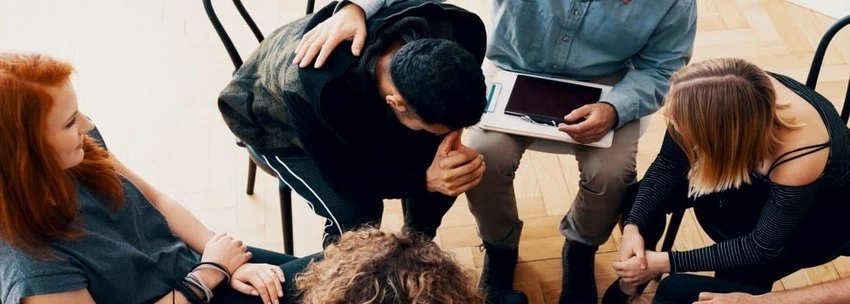Get 24/7 Help
How calls work?
Calls to numbers on a specific treatment center listing will be routed to that treatment center. Calls to the website’s main phone number will be answered or returned by one of the treatment providers/call centers listed below, each of which is a paid advertiser
Interested in advertising? contact@quitaddictionnow.com

